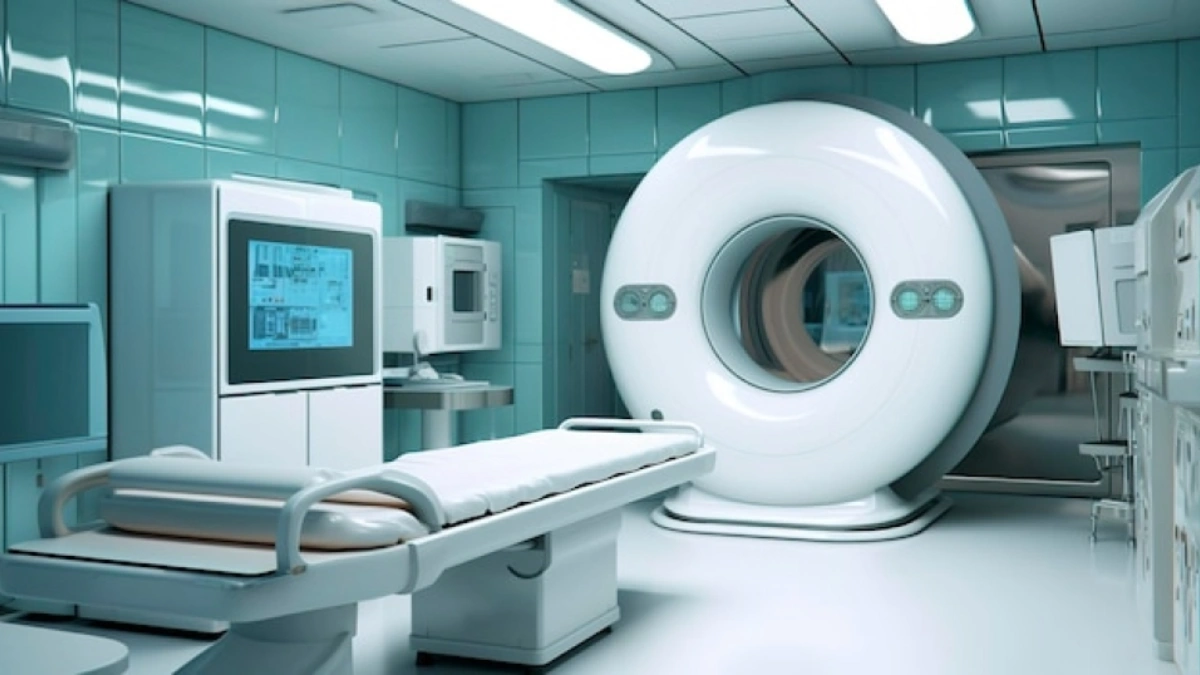Nuclear medicine in Turkey has emerged as a pivotal area of modern healthcare, offering innovative diagnostic and therapeutic solutions. By leveraging advanced nuclear technology, Turkey provides an expansive range of medical services catering to local and international patients. This integration of cutting-edge technology has positioned Turkey as a leading destination for nuclear medicine treatments, ensuring high-quality care and precise outcomes.
Understanding Nuclear Medicine in Turkey
Nuclear medicine is a specialized field that uses small amounts of radioactive materials, known as radiotracers, for diagnosis and treatment. Specifically, these radiotracers are introduced into the body, where they accumulate in specific organs or tissues, thereby allowing clinicians to examine physiological functions and identify abnormalities. Furthermore, the advancements in nuclear medicine significantly aid in this diagnostic precision.
Radioactive Tracers and Their Applications
Radioactive tracers are a cornerstone of nuclear medicine, as they are specifically designed to interact with particular proteins or sugars in the body. Depending on the medical requirements, they can be administered through various methods, including intravenous injection, inhalation, or oral ingestion. Importantly, the choice of tracer and administration method depends on the condition being studied. In Turkey, these applications significantly enhance the effectiveness of nuclear medicine.
Examples of nuclear medicine Applications:
- Gastrointestinal Tract: Radiolabeled red blood cells can trace internal bleeding sources.
- Diagnostic Imaging: SPECT and PET scans help visualize organs and detect diseases like cancer and heart conditions.
Advanced Imaging Techniques in Istanbul Turkey’s Nuclear Medicine
Nuclear medicine in Turkey employs sophisticated imaging techniques, which enable detailed examinations of the body’s internal processes. Notably, among these advanced methods are Single Photon Emission Computed Tomography (SPECT) and Positron Emission Tomography (PET), which are essential for detecting various diseases, including heart conditions and neurological disorders. These technologies are crucial in providing accurate diagnoses and guiding effective treatment plans.
Single Photon Emission Computed Tomography (SPECT)
SPECT imaging offers three-dimensional images of tracer distribution within the body. Using gamma cameras, SPECT scanners detect emissions from tracers, allowing clinicians to assess various conditions, including heart disease and neurological disorders. As a result, this imaging method is a vital part of nuclear medicine in Turkey, contributing significantly to accurate diagnoses and effective patient care.
Positron Emission Tomography (PET)
PET scans create detailed images using radiopharmaceuticals that release positrons. When these positrons interact with electrons, they produce detectable photons. Consequently, PET scans are vital for cancer detection, evaluation of treatment efficacy, and Alzheimer’s disease diagnosis. In Turkey, PET scans represent a cutting-edge aspect of nuclear medicine, highlighting the country’s commitment to advanced medical technologies.
Applications of Nuclear Medicine in Turkey
Nuclear medicine plays an essential role in both diagnostics and therapeutics, addressing a broad spectrum of medical conditions.
Diagnostic Uses
- Cardiology: Evaluates coronary artery disease, myocardial perfusion, and heart function post-treatment. These uses enhance the scope of Nuclear Medicine in Turkey.
- Oncology: Determines cancer staging, therapy response, and recurrence through PET/CT imaging.
- Neurology: Assesses brain abnormalities in conditions like Alzheimer’s and Parkinson’s disease.
- Other Body Systems: Investigates thyroid function, inflammatory diseases, and unexplained fevers.
Therapeutic Uses
- Cancer Treatment: Radioimmunotherapy and targeted radiopharmaceuticals treat lymphomas and neuroendocrine tumours, showcasing Nuclear Medicine in Turkey.
- Thyroid Conditions: Radioactive iodine therapy manages hyperthyroidism and thyroid cancer.
- Bone Metastases: Radiopharmaceuticals alleviate pain associated with bone metastases.
Side Effects of Nuclear Medicine and Safety Considerations
Side Effects of Nuclear Medicine: Generally, the side effects of nuclear medicine are minimal. However, some patients might experience mild reactions such as allergic responses to the radiotracer. Regarding safety, the radiation doses from nuclear diagnostic procedures are relatively low and comparable to those of X-rays. Nonetheless, like any medical procedure involving radiation, there is a small risk of future cancer, though this is largely outweighed by the potential diagnostic and therapeutic benefits.
Side Effects of Nuclear Medicine Injection: Injections are typically well-tolerated, but some patients may experience minor discomfort or bruising at the injection site.
Research and Development in Nuclear Medicine
Continuous advancements are being made in nuclear medicine in Turkey, particularly in developing new radiotracers and imaging technology to enhance diagnostic capabilities. Pioneering research focuses on early detection of bacterial infections and improving the precision of disease imaging, underscoring the importance of Nuclear Medicine.
Nuclear Medicine’s Potential in Istanbul Turkey
In conclusion, Turkey is at the forefront of nuclear medicine, offering cutting-edge services that serve both diagnostic and therapeutic purposes. Facilities like Avicenna International Hospital are leading the way in providing comprehensive nuclear medicine services in cancer treatment in Turkey. We invite you to contact us to explore how our advanced nuclear medicine offerings can meet your healthcare needs.
Turkey is advancing nuclear medicine through continuous research on new radiotracers and imaging technologies, supported by both public and private institutions, to enhance diagnostic and therapeutic precision.
Radiation doses in nuclear medicine are strictly regulated, keeping exposure as low as possible while achieving necessary diagnostic accuracy, and ensuring patient safety.
SPECT captures gamma rays from radiotracers to produce images, while PET detects positron emissions, allowing for detailed metabolic activity assessments, particularly useful in cancer diagnosis.







